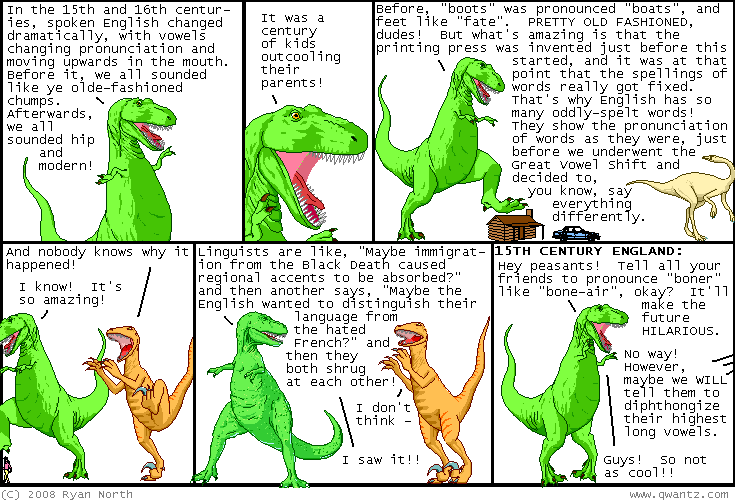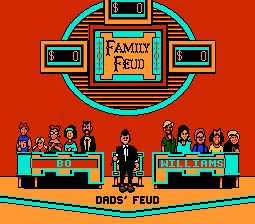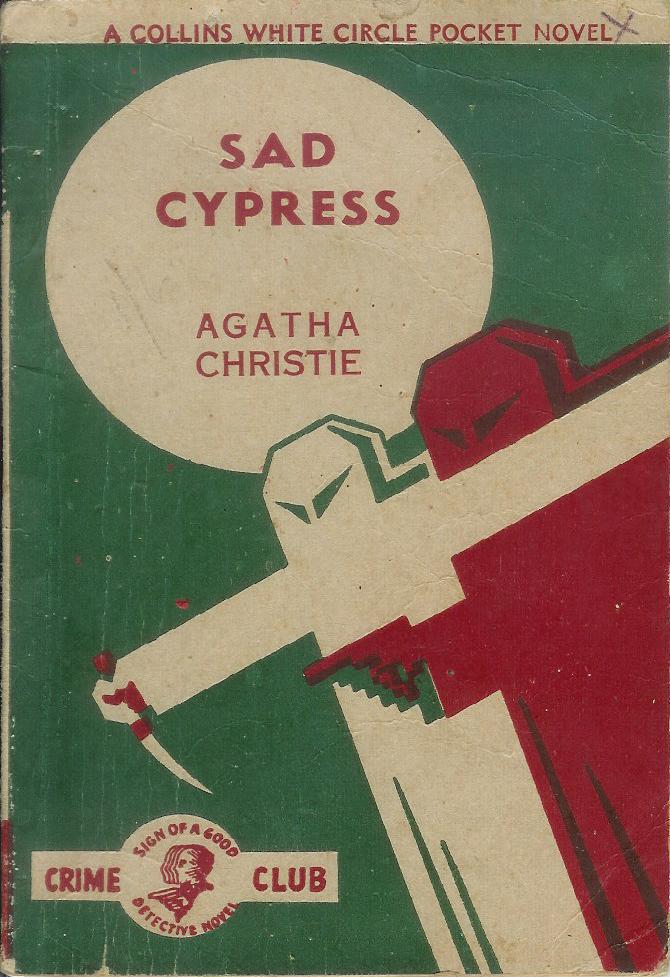Now we can feel uncomfortable about the capacity for man’s inhumanity to man… in 3D.
From the Gurardian:
James Cameron and his team of minions may have produced the high watermark for 3D technology in the 21st century, but it seems the Nazis got there first. The Australian film-maker Philippe Mora says he has discovered two 30-minute 3D films shot by propagandists for the Third Reich in 1936, a full 16 years before the format first became briefly popular in the US.
The first of the films, titled So Real You Can Touch It, features shots of sizzling stereoscopic bratwursts on a barbecue while the second, named Six Girls Roll Into Weekend, features actors Mora believes were probably stars from Germany’s top wartime studio, Universum Film.[full article]
Film nerds/buffs can read the Variety article, which has a taste of the technical information.
Mora is working on a film, “How the Third Reich was Recorded.” As a one time history scholar, I’m a sucker for unsettling docs about Nazis. Not to be glib, but to me they’re creepier than zombie movies. Imagine the two combined.
My thanks goes out to whoever preserved these films and others like it. The best hedge against repeating terrible episodes of history is to record it and make it available, so people can bear witness to it. Oh, the power of libraries and archieves! </soapbox>






